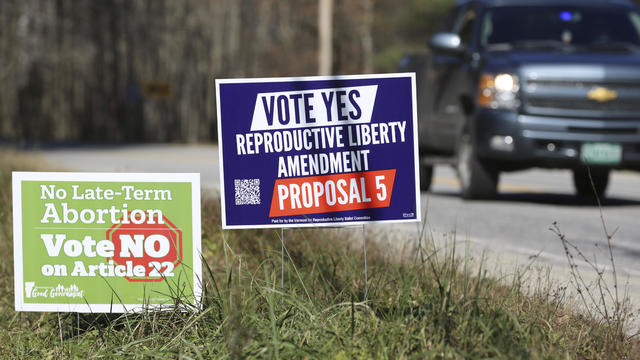
The role of abortion in the 2022 midterm elections
While Democrats campaigned on the issue, anti-abortion groups slammed GOP candidates for taking the "ostrich strategy: burying their heads in the sand and running" from abortion.
Watch CBS News

Caitlin Huey-Burns is a congressional correspondent for CBS News based in Washington, D.C.
She joined CBS News in 2018 as a political reporter for the streaming network, now CBS News 24/7, and played a key role in the outlet's coverage of the 2020 presidential campaign. She secured interviews with every Democratic candidate running for president, including a news breaking interview with Kamala Harris and a wide-ranging sit-down interview with Joe Biden on the eve of his Super Tuesday sweep.
Huey-Burns anchored an innovative series on voting rights and access for CBS News Streaming called "America's Right to Vote," filing reports from around the country and anchoring a voting rights special from the campaign trail that included interviews with key secretaries of state. She covered Election Night from the critical battleground of Pennsylvania, reporting for a week outside the Pennsylvania Convention Center in Philadelphia as officials counted votes. And she has continued reporting on voting access since, with incisive deep dives into states changing their election laws.
Her reports for the broadcast have provided texture and context to politics, including how women lawmakers uniquely shaped the legislative response to the pandemic; how secretaries of state enlisted the help of sports teams and arenas for the 2020 elections; how "selfie lines" influenced the political campaigns; and the history and significance of presidential retreats.
Huey-Burns was the first CBS journalist to file for TikTok and produced behind-the-scenes videos from the campaign trail. She is also a fill-in anchor for the CBS News 24/7 show "America Decides" (formerly "Red & Blue").
Huey-Burns has been ahead of the curve in covering the infant formula shortage as a key political issue and reporting on the lack of resources for pregnant women in states with the most restrictive abortion laws.
Before joining CBS News, Huey-Burns was a reporter for RealClearPolitics, where she covered national politics and Capitol Hill. She was featured in a New York Times profile of millennial reporters covering the 2016 campaign, and the Huffington Post highlighted her campaign reporting as an example of ways young reporters can revitalize political journalism.
She graduated from John Carroll University with a degree in Political Science and English and earned a master's degree from Georgetown University. She lives in Washington with her husband and their son.

While Democrats campaigned on the issue, anti-abortion groups slammed GOP candidates for taking the "ostrich strategy: burying their heads in the sand and running" from abortion.
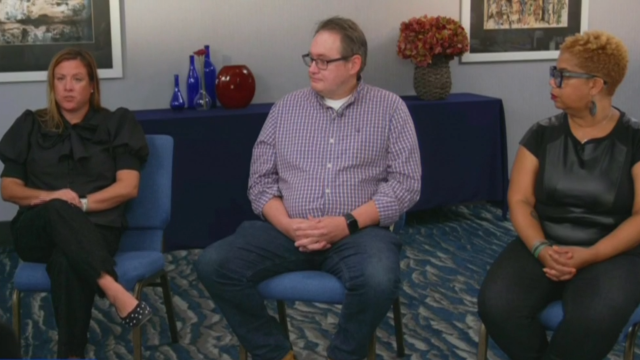
"Pressured parents" could be the difference in Pennsylvania's high-stakes election and could help determine who controls Congress.
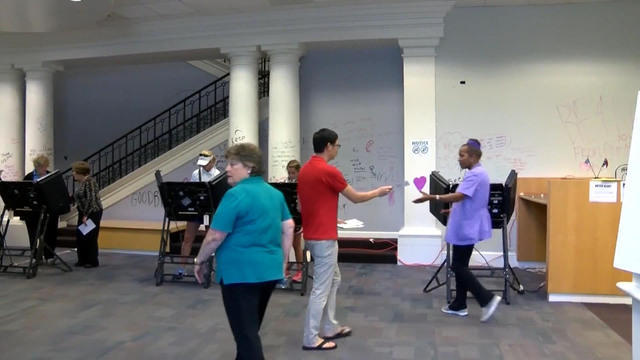
North Carolina is one of the few states in the region that have not restricted it since the Supreme Court overturned Roe v. Wade in June.

Her ordeal comes as the fight over abortion rights continues at the state level, with some states making it almost impossible to access the procedure.
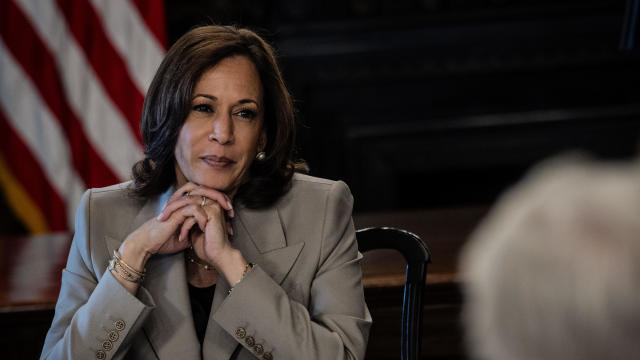
Harris thanked Bernard for her leadership and said it's giving others a "sense of strength," a White House official told CBS News.
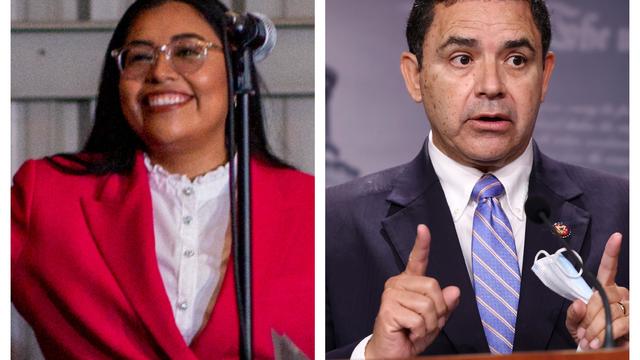
The runoff between the two Democrats highlights the nuance of how Latino voters feel about abortion.

They're passing blame around within the delegation and are aggravated with the man who redrew the state's congressional lines.
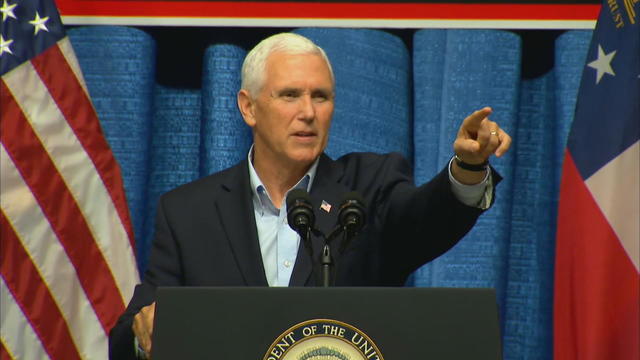
The endorsement sets up a proxy war between Mike Pence and Donald Trump in a key battleground state.
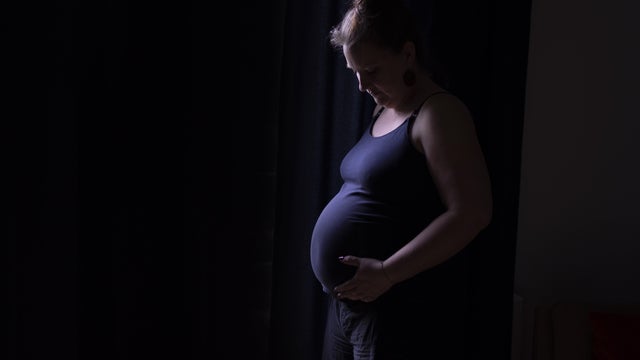
The states with the most restrictive abortion policies "are also the states that do the least for pregnant people and their children," says the director of GWU's Center for Health Services Research and Policy.

Trump Jr. spoke at the rally at the Ellipse on January 6 before the attack on the Capitol began.
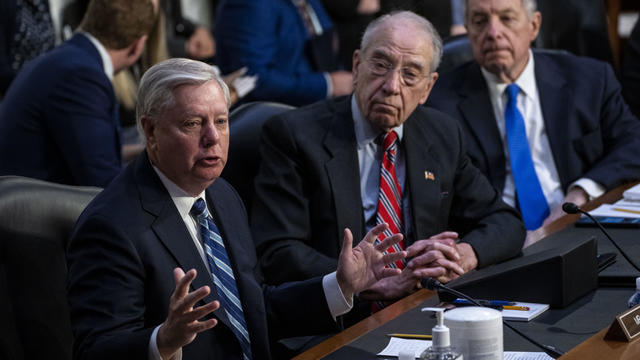
The Senate has confirmed 58 of Mr. Biden's nominees to the U.S. trial courts and courts of appeals since he took office.

Trump last week pulled his endorsement of Mo Brooks in Alabama due to Brooks' poor polling.
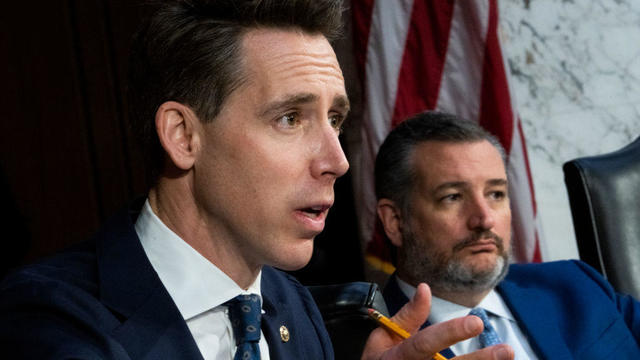
Several GOP senators saw Jackson as a foil for themes they hope will not only motivate their base, but also help sway white suburban voters who turned away from the party during the Trump era.
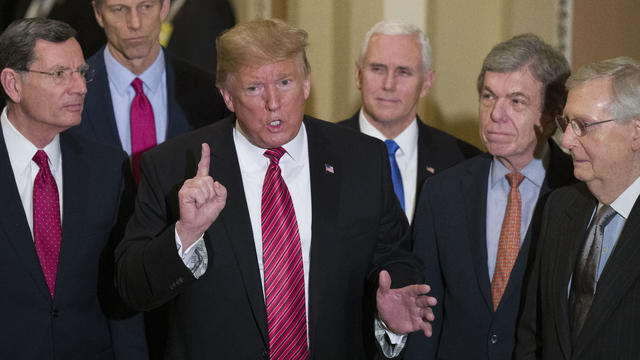
Few Republicans are echoing Trump's description of the Russian president as savvy or smart.
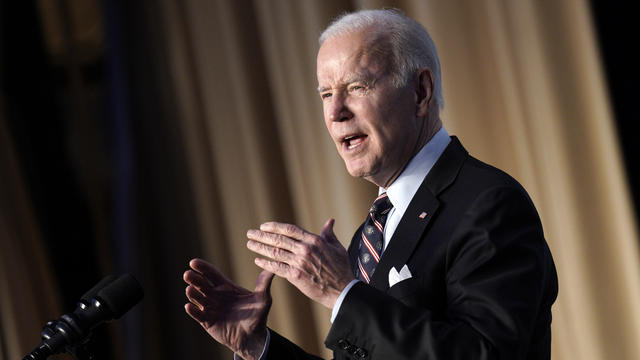
But party officials also think Republicans may be vulnerable on foreign policy, expanding their message ahead of expectedly tough midterm elections.